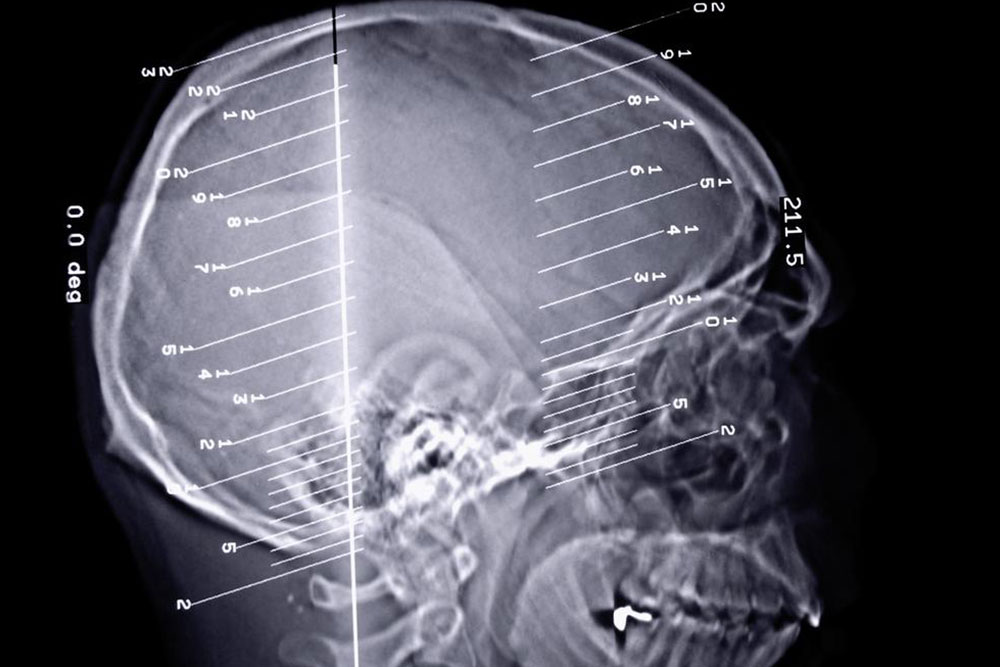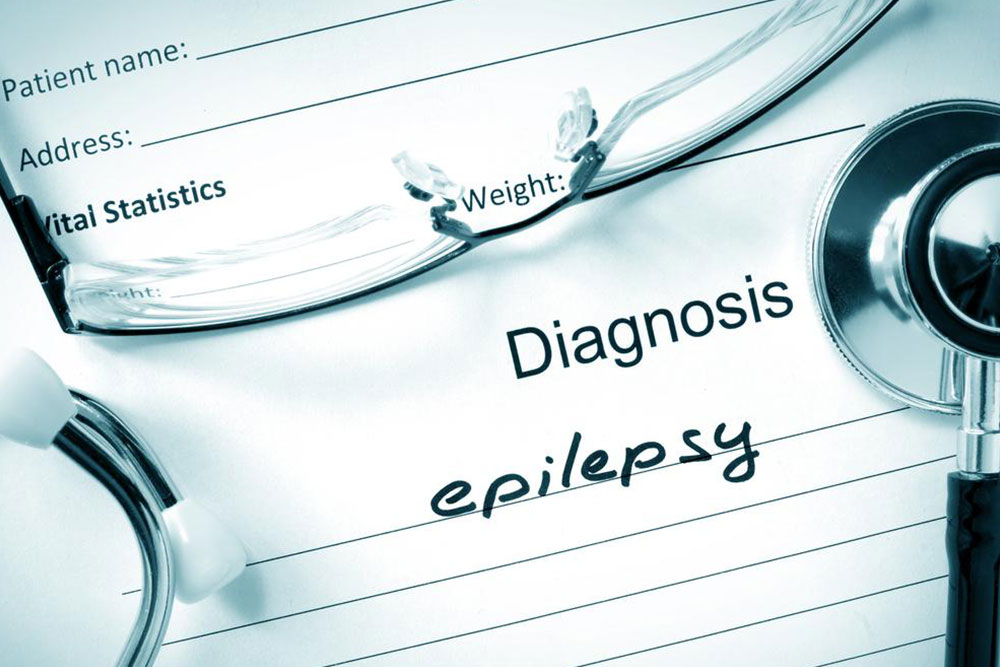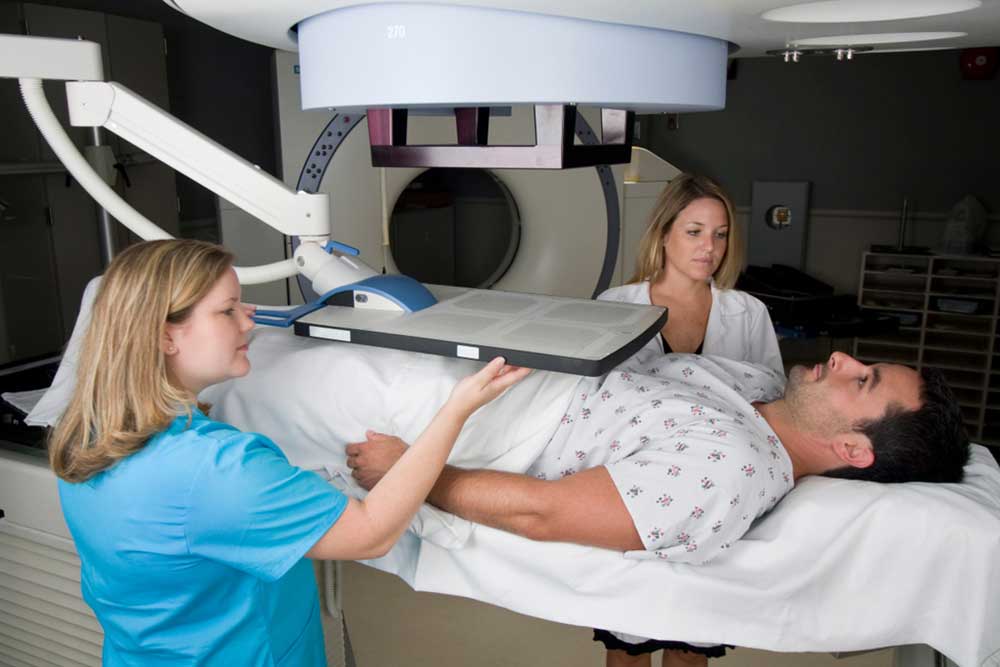Unexpected Signs of Brain Tumors You Should Be Aware Of
This article explores surprising signs of brain tumors beyond common symptoms like headaches and seizures. It highlights rare indicators such as depression that could signal underlying tumors, emphasizing the importance of early detection. Including real-life cases and recent research, the article aims to raise awareness for timely diagnosis and treatment. Recognizing these signs can be crucial for appropriate medical intervention, especially for individuals over 50 or those unresponsive to traditional depression treatments.

Unexpected Signs of Brain Tumors You Should Be Aware Of
Did you know that a common health issue might actually indicate a brain tumor? While headaches and seizures are well-known symptoms, some less obvious signs can also be linked to brain tumors. Recognizing these early clues is crucial for timely diagnosis and treatment.
Brain tumors cause symptoms mainly because of the limited space in the skull, leading to pressure on specific brain areas. Depending on their location, these tumors can produce a range of symptoms.
One of the primary early indicators of a brain tumor is a persistent headache.
Headaches related to brain tumors may be intense, often worsening in the mornings or after physical activity.
Seizures, which involve sudden muscle contractions or convulsions, are also common. The type of seizure experienced depends on the tumor’s location, with myoclonic and tonic-clonic (Grand Mal) seizures being frequent.
Less frequent symptoms include changes in sensory perception, altered personality or memory, nausea, vomiting, and fatigue.
While many are familiar with these symptoms, there are rare signs that are less known. These can sometimes be the only warning, especially when they mimic common psychological conditions.
Hidden Brain Tumor Indicators
For example, a 54-year-old woman experienced a decline in daily functioning, spending more time in bed, memory issues, irritability, and low mood. Initially diagnosed with depression and treated with medication, her condition didn't improve. Further testing revealed multiple tumors in her left frontal lobe, and surgical removal alleviated her symptoms. This case underscores that depression can sometimes be an early sign of a brain tumor.
Research Evidence
According to BMJ case reports, psychiatric symptoms like depression may be the only visible sign of a brain tumor early on. A 2004 study found over 21% of patients initially sought help for mental health issues like depression, anxiety, or schizophrenia, unaware these could be tumor symptoms.
Since conditions like depression are common, it’s vital to consider a scan if you're over 50, experiencing new or persistent depression, especially when unresponsive to treatment. Symptoms such as visual changes, behavioral shifts, or hormonal disruptions vary based on the tumor’s location and size.
Brain tumor treatments include surgery, radiation, and chemotherapy. Managing symptoms effectively is an essential part of care. Always discuss potential side effects and symptom changes with your doctor to ensure comprehensive treatment.










